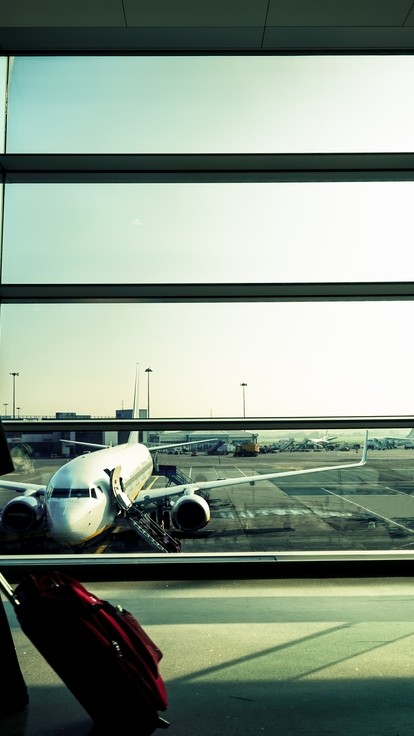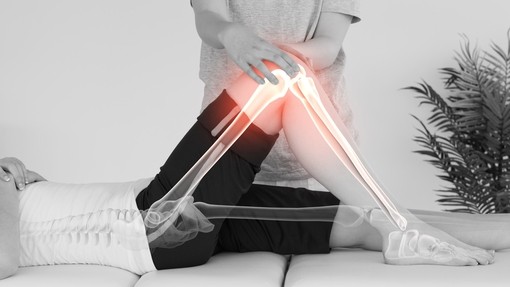Government’s call for evidence on holiday sickness claims

Details
On the 9 July 2017, the Government announced measures to tackle the increase in package holiday sickness claims. This included proposals to amend the pre-action protocol for low value personal injury claims in order to bring these claims within the existing fixed recoverable costs regime. This would provide certainty to defendants in knowing the amount of costs they will have to pay to defend such claims. The Government has also asked the Civil Justice Council to consider the rules around how these low value claims should be handled on a general basis.
The Ministry of Justice has issued a call for evidence from the travel industry. The four week call for evidence is intended to give ministers a better insight into the reported rise in gastric illness claims and to assist in identifying next steps to tackle such claims. Tour operators and other organisations have been asked to:
- provide their views on the drafting and effect of the proposed amendments to the pre-action protocol for low value personal injury claims and whether any other provisions would require amendments to give effect to what is proposed more generally
- consider and advise if there are any issues which should be considered, for example, the nature and timing of evidence (medical or otherwise) needed to support a claim
- provide further data on the volume and associated costs of gastric illness claims, including: the incidence of gastric illness abroad, the volume of claims, the length of time between incident and notification of defendant, and settlement, legal costs (both claimant and defendant) and success rates and damages awarded
For further information please see the open consultation and letter from the Ministry of Justice.
ABTA has seen a 500% increase in holiday sickness claims since 2013 although the number of reported incidence of gastric illness in resort has remained stable. This increase has meant that the costs of these claims on hoteliers and their insurers (who tend to be the party paying the damages and costs) has been significant to the point that costs for holidays will inevitable increase. Hoteliers may well also consider not to take British holiday makers as guests in their resorts which will mean that reasonably priced holidays to popular destinations vested by British tourists could be taken out of the market. The Package Travel Directive due to be implemented 1 July 2018 will have further impact since under it the definition of a ‘package’ is to be expanded leading to more travel providers being sued for gastric illness claims.
Not surprisingly the increase in holiday sickness claims has been coupled with an increase in claims management companies locating themselves in resort encouraging holiday makers to submit fraudulent or exaggerated claims for a cash incentive. In Tenerife, one outfit linked to a UK-based claims management company allegedly makes the rounds of hotels and resorts at the wheel of an old yellow ambulance with ‘Claims Clinic’ emblazoned on the side, seeking out holidaymakers who may have suffered food poisoning or other gastric illnesses during their stay and encouraging them to bring personal injury claims.
The Government has recognised the concern that holiday sickness claims are being brought with little or no evidence in support. Claimants will often not have any contemporaneous evidence in support of their claims given they will not have complained in resort, or visited a doctor whilst in resort, or on their return to the UK. We have been working closely with hoteliers and have had success in getting claimants to withdraw or discontinue their claims at an early stage by preparing detailed protocol letters of reply, and disclosing documentation to illustrate there was no or low background levels of gastric illness in resort, as well as test results to prove there was no bacterial pathogens was found in the food or water.
Deputy District Judge Herzog recently rejected two claimants’ claims as fundamentally dishonest. The claims were brought by Ms Lavelle and her partner Mr McIntyre alleging that they and their children had become ill shortly after arrival at a hotel in Gran Canaria as a result of poor hygiene practices. Deputy District Judge Herzog concluded that the claimants’ accounts were wholly implausible and that they had not suffered any illness. On the same day as the announcement by the Ministry of Justice of their call for evidence, two claimants admitted four counts of fraud in a private prosecution brought by Thomas Cook, and were sentenced to nine and fifteen months in prison. The claimants tried to claim £20,000 compensation by alleging that they and their two children had contracted gastric illness whilst on holiday in Mallorca in 2015 and 2016.
On the 6 September 2017, the SRA responded to the huge increase in holiday sickness claims by issuing a warning notice, raising concerns that some claimants’ solicitors are not undertaking a proper analysis of the evidence or have an understanding of the legal position. The travel industry needs to work together to ensure that the Ministry of Justice is given the required information to clamp down on bogus claimants and claims management companies. Hill Dickinson’s marine PI and regulatory team have previously written to the Ministry of Justice to raise concerns and to offer suggestions on how these claims can be tackled.
If you need assistance in relation to the call for evidence or potential gastric illness claims, please contact Sarah Barnes or any other member of the travel and marine PI and regulatory team.






